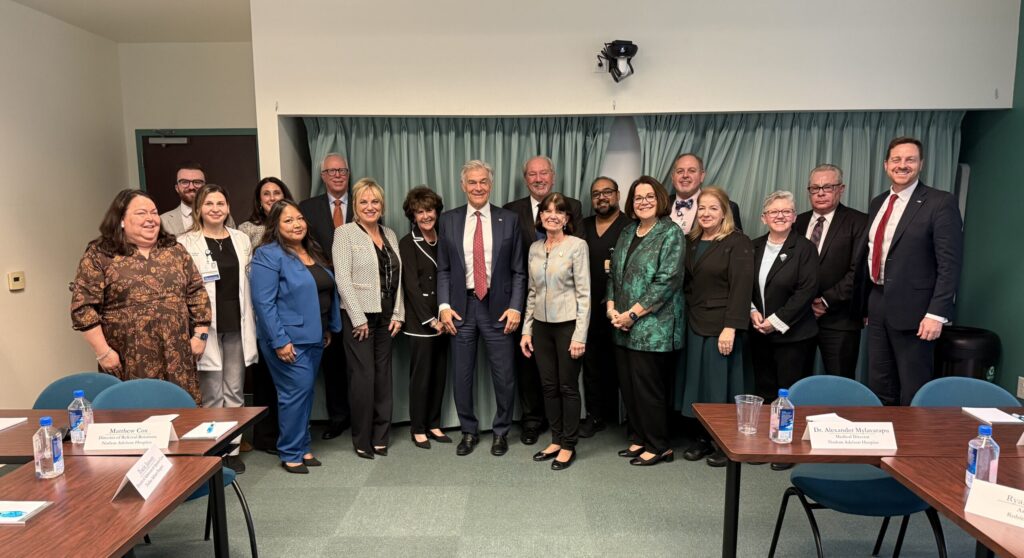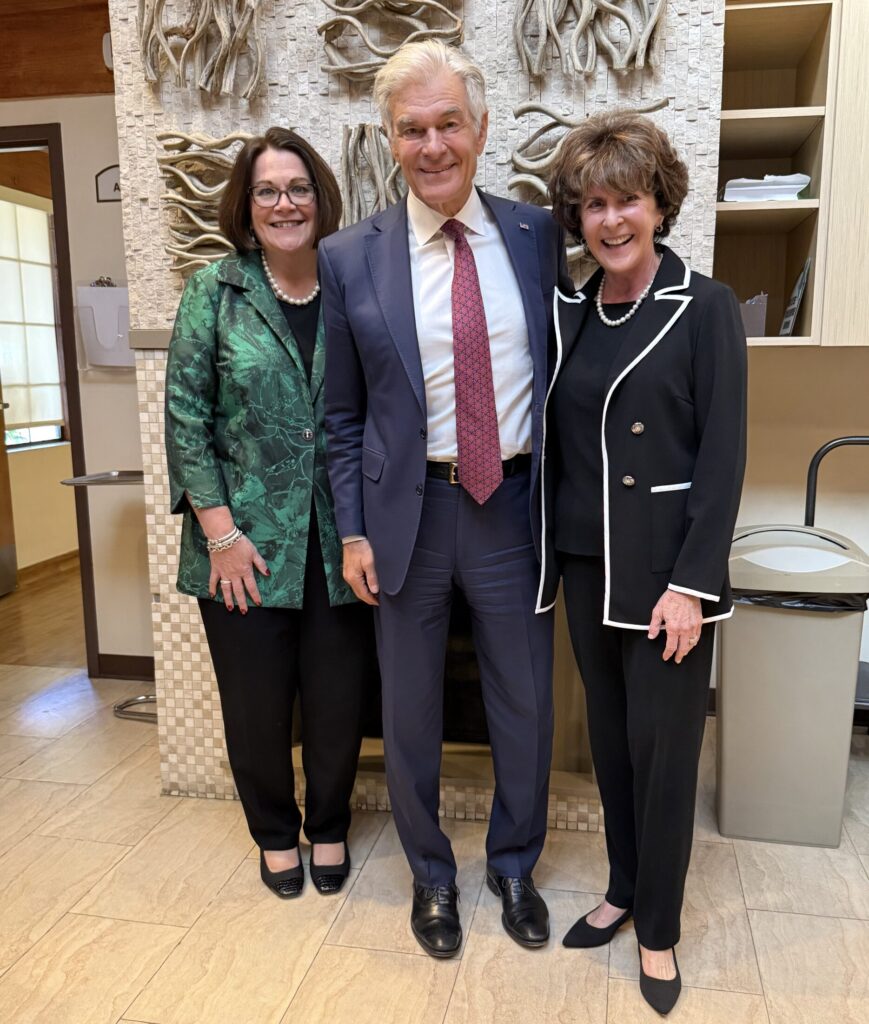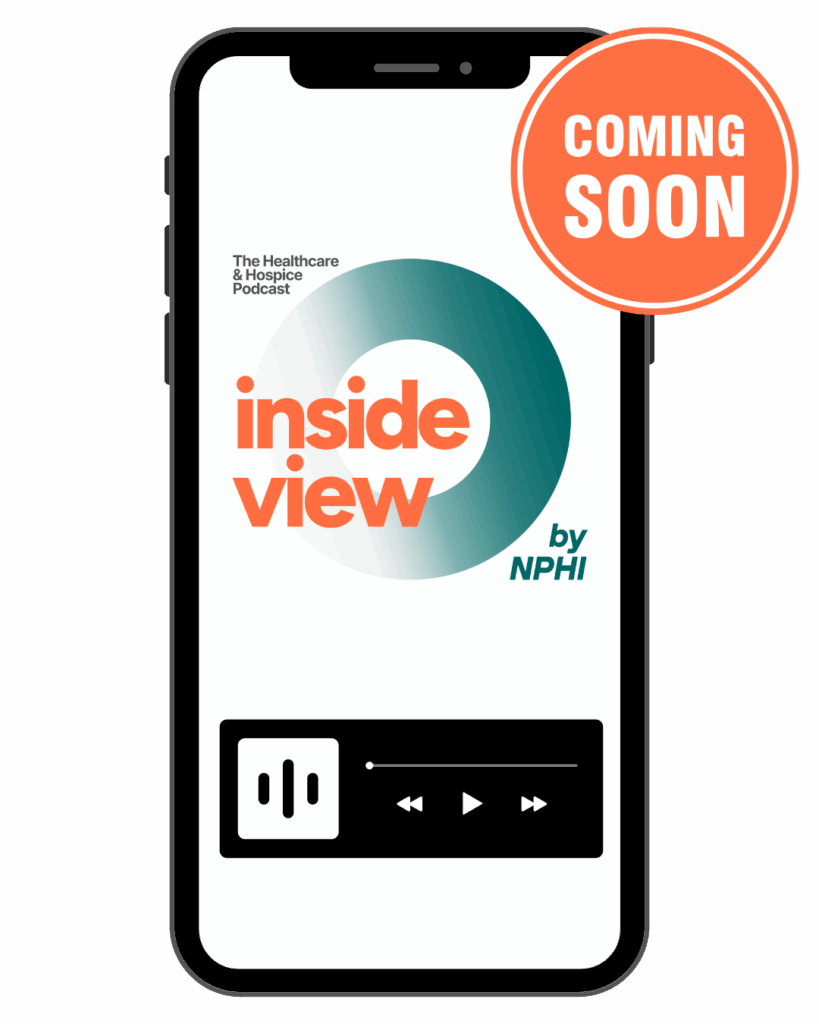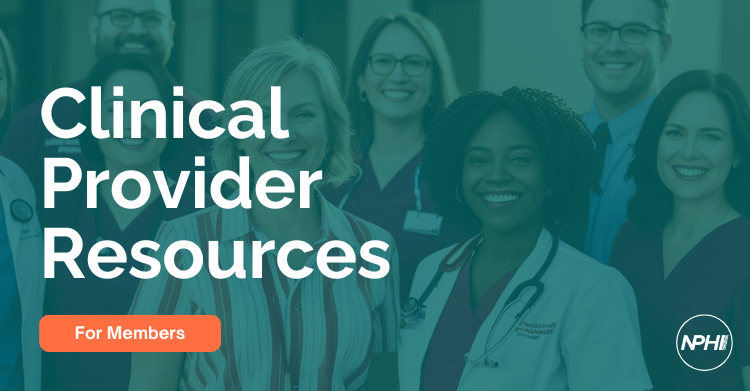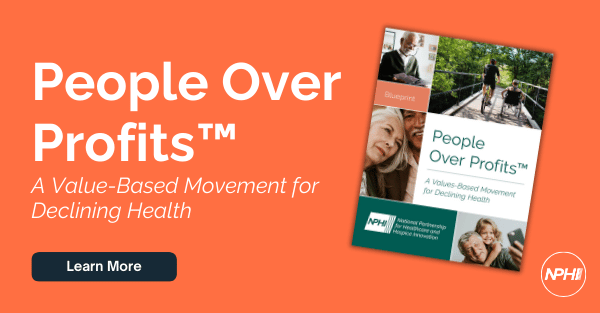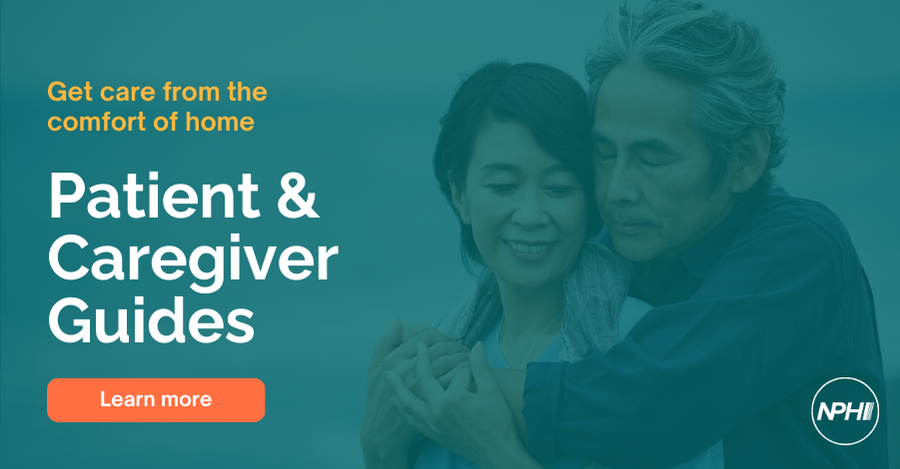The United States will experience significant growth of the population older than age 65 in the coming decades, which will contribute to an increase in the number of people living with chronic and serious illnesses in the community. Field experts, policy makers, and health care leaders have identified the lack of an adequately prepared workforce as a critical barrier to delivering high-quality, community-based care for this population.
With support from the Gordon and Betty Moore Foundation, the Healthforce Center at UCSF brought together 40 national leaders from practice, payment, labor, advocacy, and research in May 2018 to make recommendations to accelerate progress toward an adequate workforce in the next three to five years. After three days of intensive discussion and prioritization, summit attendees made 16 recommendations within seven areas: expanding the pipeline, incorporating family caregivers into health care teams, supporting the home care workforce, leveraging technology to advance patient-centered team care, advocating for payment models that support community-based team-focused serious illness care, instilling cultural competency and humility skills across all health professions, and tracking the workforce. The list of recommendations is summarized at the end of this article.
Expanding The Pipeline
Health professions students typically have little exposure to geriatrics and palliative care in their education, even though such exposure often draws people to pursue work with seriously ill populations. Established and emerging programs that provide rich experiences with seriously ill patients should be expanded to increase interest in geriatric and serious illness care, such as the Department of Veterans Affairs’ Geriatric Scholars Program and home-based primary care programs, and Virginia Commonwealth University’s student-run clinics and geriatric experiences in physical therapyand pharmacy practice.
Education funding is a challenge that can create a barrier to the development of new curricula and clinical experiences, summit attendees acknowledged. Attendees endorsed bipartisan legislation to reauthorize funding for the Geriatrics Workforce Enhancement Program (GWEP), which began in 2015, as well as the older Geriatric Academic Career Award (GACA) program, whose funding was interrupted in past years but has recently announced a new funding opportunity. The Palliative Care and Hospice Education and Training Act, designed to make palliative care and end-of-life care more accessible to patients and families by supporting outreach and enhanced education for health care professionals, also should advance in Congress.
One barrier to interest in geriatrics careers is the reimbursement structure of Medicare, which favors procedure-focused medical specialties. Geriatricians earn less than general internists do, despite the additional education they complete. New payment models, such as the model used in the Independence at Home Demonstration, have the potential to increase the value to clinicians of investing in geriatric specialization and thus increase interest in the field.



